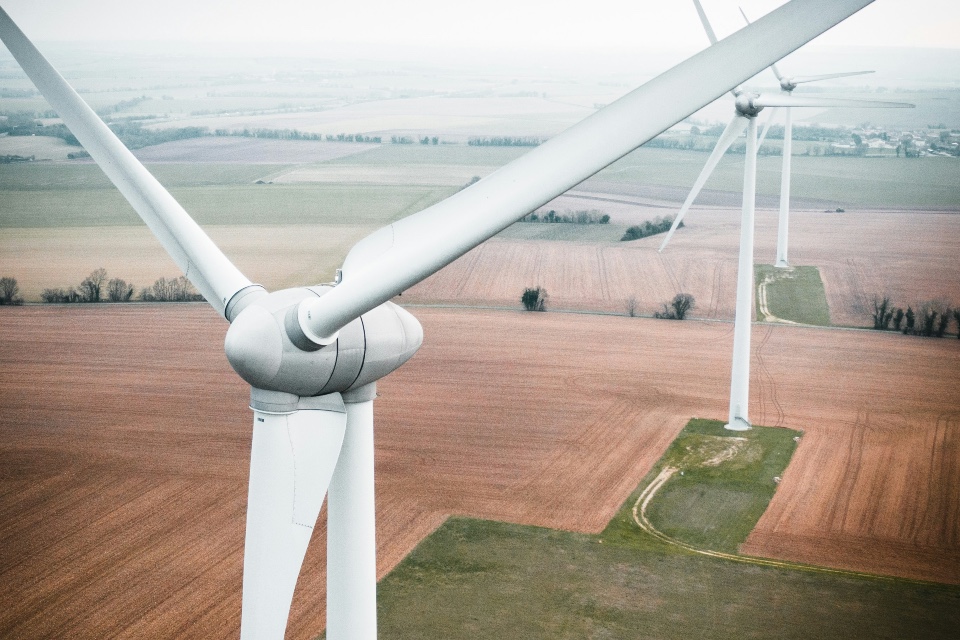Researchers at the University of East Anglia (UEA) has suggested that government subsidies should be used to encourage investment in energy storage systems if renewable power is to be fully integrated into the sector.
The research, led by Dr Konstantinos Chalvatzis and Dr Dimitris Zafirakis of the university’s Norwich Business School and published in the Applied Energy journal; found that the buy cheap, sell expensive approach alone cannot provide adequate revenue to justify investment. However, the study did declare that if the decarbonisation of electricity is to be achieved by increasing renewables, investment in storage has to be encouraged.
Dr Chalvatzis, a senior lecturer in business and climate change, said: “We need sufficient storage and more investment in storage systems in order for renewable energy to reach its full potential. Subsidies would encourage investment, which in turn would enable further integration of renewables into the energy sector. The fact that for some days countries such as Germany and Portugal are running their entire electricity network exclusively on renewable energy shows how far we have come to rely on it as a power source and this will continue to increase.”
With this said, the research claims that investment in energy storage has been limited until now, largely due to the high capital costs of most systems. Therefore, it is suggested that the main focus should be on multiple grid services and associated welfare effects, such as reduced consumer energy costs and increased energy security that energy storage technologies can provide.
You can access the research here







